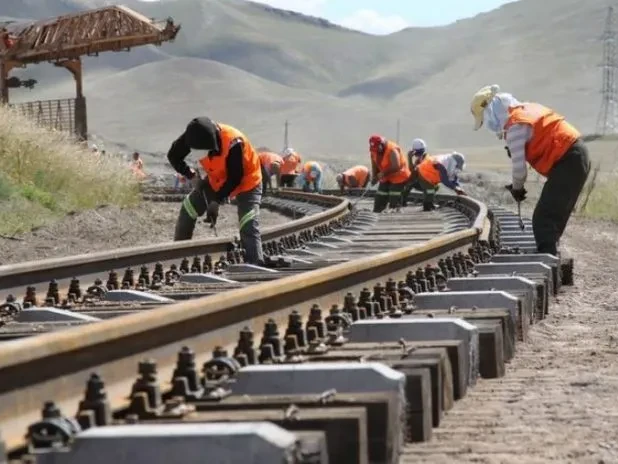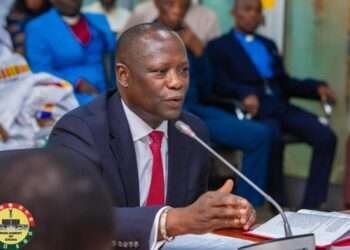Ghana and Burkina Faso are taking significant steps toward deepening regional integration with plans for a new railway line linking the Port of Tema to Ouagadougou, a project officials described as a transformative venture for trade, transport, and economic growth across West Africa.
The initiative was the focus of discussions when Ghana’s Minister for Transport, Joseph Nikpe Bukari, received his Burkinabé counterpart, Hon. Souleymane Soulama, Minister for Transport, Urban Mobility, and Road Safety, in Accra.
The meeting, which brought together senior officials from both countries, was described as constructive and forward-looking, with both sides reaffirming their commitment to accelerating work on the cross-border railway project.
The proposed line is not only expected to connect Ghana and Burkina Faso more efficiently but also holds the potential to extend further north to Mali and Niger.
According to Minister Bukari, this wider vision would transform the project into a critical corridor for passenger and freight movement, boosting the logistics chain within the sub-region and strengthening the foundations of the ECOWAS integration agenda.
“This strategic project… is expected to greatly enhance passenger and freight movement, strengthen the logistics chain, and accelerate economic growth for both our nations and the wider sub-region.”
Ghana’s Minister for Transport, Joseph Nikpe Bukari
The development of the Tema-Ouagadougou rail link is aligned with Ghana’s Railway Master Plan, which identifies cross-border connectivity as a catalyst for both national and regional economic transformation.
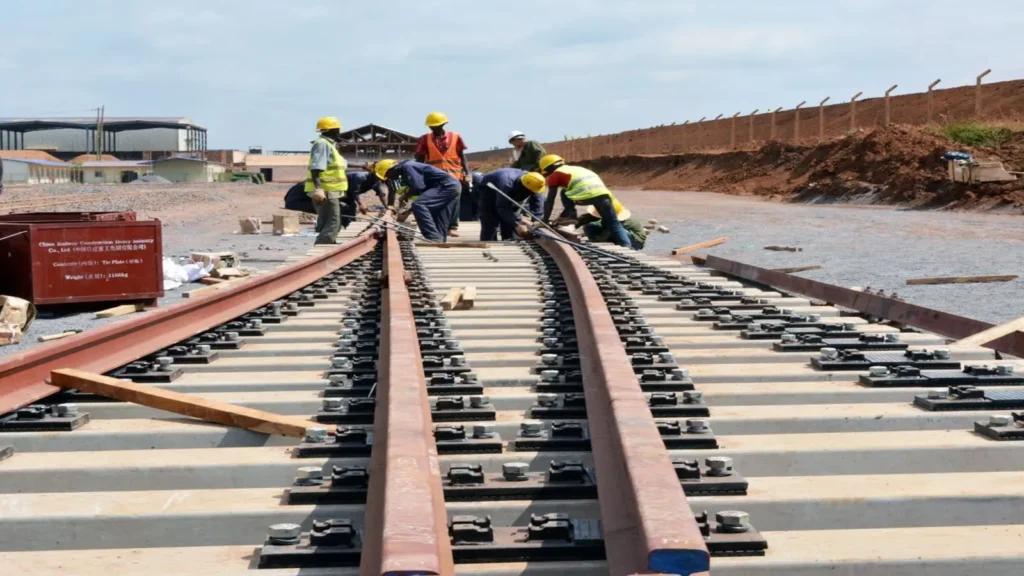
By connecting landlocked Burkina Faso directly to Ghana’s largest seaport, the line would significantly cut transport costs, ease the flow of goods, and reduce travel times for people and businesses.
Mahama’s Master Plan
According to the Transport Minister, the project also resonates strongly with President John Dramani Mahama’s Reset Agenda, which emphasizes infrastructure expansion and economic diversification as key drivers of Ghana’s recovery and long-term growth.
“This vision is fully aligned with H.E. John Dramani Mahama’s resetting our economy, the ECOWAS agenda, and Ghana’s Railway Master Plan, which emphasizes the importance of rail connectivity as a catalyst for regional integration, trade facilitation, and improved living standards for our people”.
Ghana’s Minister for Transport, Joseph Nikpe Bukari
For Burkina Faso, the railway link offers a vital lifeline. Being landlocked, the country relies heavily on access routes through neighboring states for imports and exports.
The ability to transport goods through Ghana’s modernized port facilities at Tema would ease logistical challenges, lower costs, and provide greater reliability compared to the current dependence on road haulage, which is often expensive, time-consuming, and subject to security risks.
The project is also seen as critical for enhancing intra-African trade at a time when the African Continental Free Trade Area (AfCFTA) seeks to harmonize markets and reduce trade barriers across the continent. Improved infrastructure links, such as the Tema-Ouagadougou line, are expected to play a central role in making the free trade vision a reality.
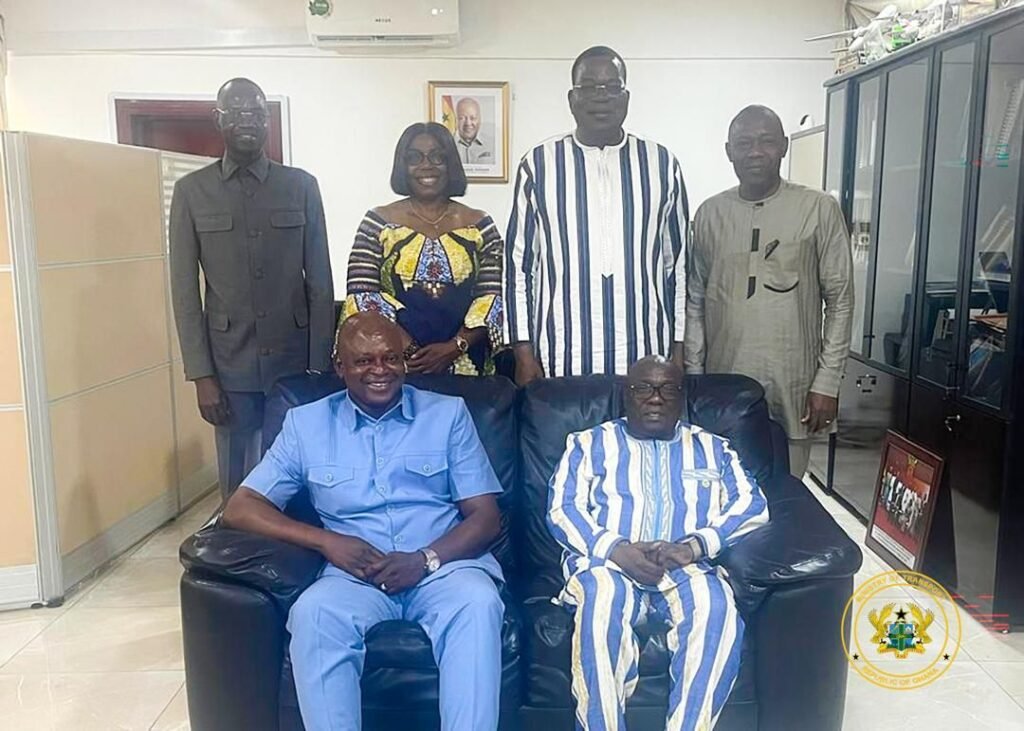
The railway could stimulate new industries along its route, encourage investment in logistics and warehousing, and improve the competitiveness of agricultural exports from Burkina Faso, while simultaneously providing Ghanaian businesses with easier access to markets in the Sahel.
Beyond trade, the line would facilitate the movement of people, strengthening cultural and social ties between Ghana and its northern neighbors.
While the project remains at the planning and negotiation stage, the ministers’ meeting underscored the political will on both sides to drive it forward.
Government’s Commitment
Hon. Bukari stressed that Ghana is committed to working closely with its Burkinabé partners, as well as potential investors, to ensure the railway becomes a reality. “Our discussions centered on a landmark initiative—the development of a new railway line to connect Ouagadougou and Tema,” he said, adding that both countries share the conviction that the project will yield long-term economic dividends.
The ECOWAS Commission has also identified regional rail development as a priority, and officials hope the Tema-Ouagadougou corridor can serve as a model for broader regional integration. Infrastructural connectivity, they argue, is not just about economics but about strengthening solidarity and reducing the developmental disparities that exist across West Africa.
The enthusiasm surrounding the project is partly fueled by the lessons of history. Ghana’s railway network, once a backbone of the colonial economy, has long been in decline due to decades of underinvestment.
However, the new Railway Master Plan aims to revive and expand the system, linking key production zones to ports and opening up opportunities for cross-border commerce. The partnership with Burkina Faso fits squarely into this long-term vision.
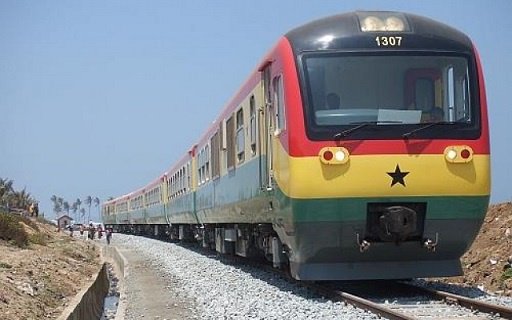
For President Mahama’s government, the project’s strategic importance cannot be overstated. It demonstrates the administration’s commitment to infrastructure-led growth while also positioning Ghana as a central player in sub-regional logistics. Moreover, it signals a determination to strengthen Ghana’s role as a reliable transit country for its landlocked neighbors.
As discussions progress, attention will turn to financing and implementation. Securing the necessary investment will be a challenge, but officials are optimistic that the project’s economic logic will attract both private and multilateral support. The promise of reduced transport costs, faster trade flows, and stronger regional ties presents a compelling case for development partners.
For now, the Ghana-Burkina Faso railway project stands as a symbol of renewed cooperation between the two neighbors and of a shared vision for a more integrated West Africa. If realized, it will not only reshape trade routes but also mark a milestone in the region’s long struggle to overcome the barriers of geography and underdevelopment.
READ ALSO: Cocoa Marketing Company Secures Victory in Cocoa Freight Negotiations


